Teens plunging into mental health abyss during coronavirus pandemic
No adolescent mental health beds were available when 16-year-old Eve arrived at hospital with her mother covered in blood.
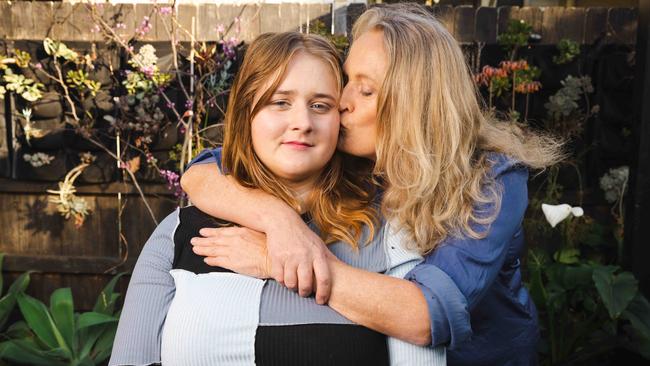
Sydney mother Jane Valentine was panicking. Driving to the emergency department of a public hospital, her 16-year-old daughter, Eve, was self-harming in the passenger seat and the distraught mum feared for her daughter’s life.
A vulnerable teenager with a history of depression and psychosis, Eve’s mental health spiralled downwards dramatically when the Covid-19 pandemic hit.
“When I had psychosis, it was horrific, it was absolutely terrifying,” the teenager says.
“It’s more terrifying than I can even verbalise. I would just completely lose sight of my own self.”
Such is the unprecedented demand for youth mental health services during the pandemic, there were no adolescent mental health beds available on the night Eve arrived at hospital with her mother covered in blood. She was admitted as an involuntary patient in an adult psychiatric ward and completely isolated from her family, who could not visit. But it was better than the alternative – being discharged from emergency with no follow-up care, which had happened many times in the past. NSW is now spending more than $100m on teams to help teenagers in acute distress in every local health district.
Eve had once sat in emergency for two days waiting for care. “It’s harrowing, you know that your child’s life is in danger, she’s cut her wrists and they don’t accept her into the youth wards,” says Ms Valentine. “They have to stitch her up. You would go home and you would just pray that you would get through the night. I didn’t go to the corner shop to buy a bottle of milk for three years because I never knew what would happen when I got home.”
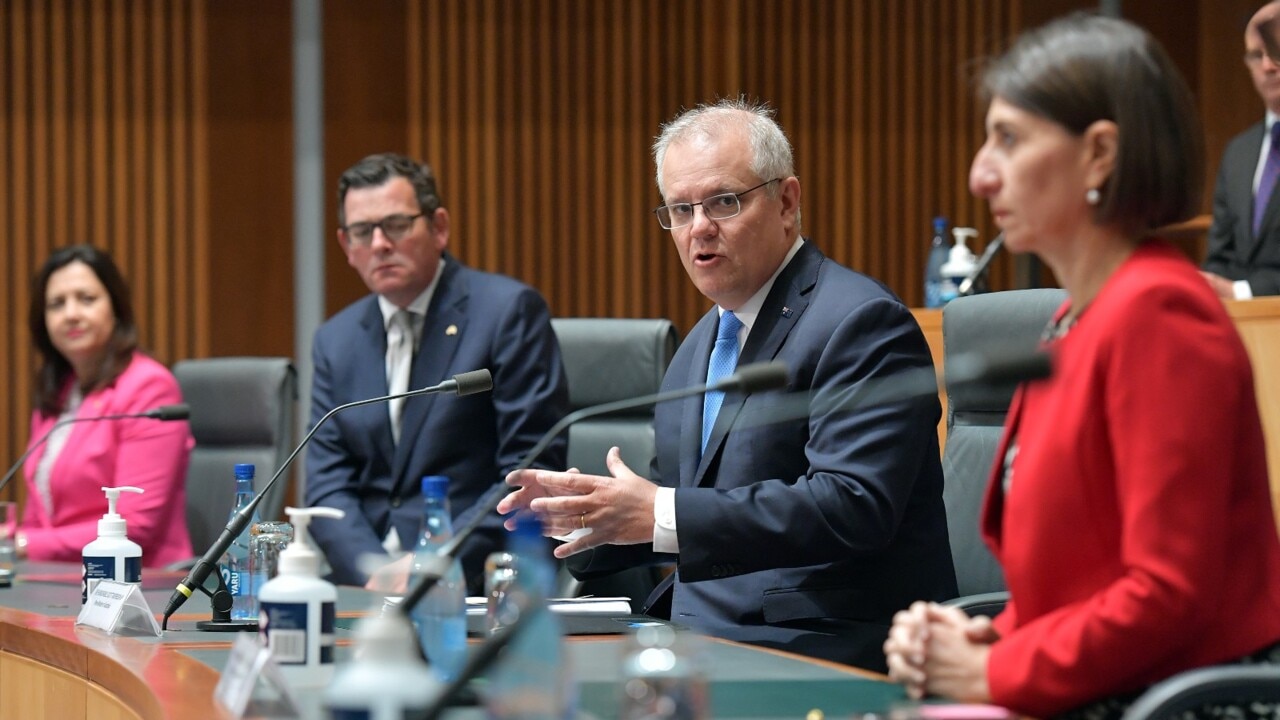
There is little doubt that teenagers and young people have been hit hardest of all by Covid-19. Presentations to emergency departments in NSW for self-harm or suicidal ideation among 12-17-year-olds is 49 per cent higher in 2021 compared to 2019.
This year is even worse for young people than last. While hospital admissions for acute mental health conditions have increased by only 2 per cent for the general population, for children and young people, admissions have spiked by 43 per cent.
The pandemic has also hit young people hard in Victoria, with a 57 per cent increase in hospital admissions for mental health emergencies in young people in the past year.
“This is not a normal time for any of us. I don’t think it’s over the top to equate it to a public health version of being at war,” says NSW chief psychiatrist Murray Wright on the impact of the pandemic. “Every child, from primary school onwards, is aware that they’re not living a normal life.”
Eve says when Sydney’s latest lockdown was announced in June, she was plunged into despair. While her health is significantly better than last year — a testament to her courage and resilience — the isolation at times makes her depressed.
“When I heard lockdown was coming again I literally cried because I was so scared that what happened to me last year was going to happen again,” she says. “I don’t have any motivation to do any exercise, and so I’ve put on weight, and I’m not going out, which makes my depression worse. I’m not bothered to get out of bed, I’m not bothered to have a shower, I go for, like, a week without having a shower and I just lie in bed watching Netflix and TikTok all day. Not being able to see my friends is the worst thing. It just makes me feel really alone. When I can’t see my friends I feel like nobody loves me.”
The pandemic has further exposed already existing critical gaps in mental health service delivery for young people.
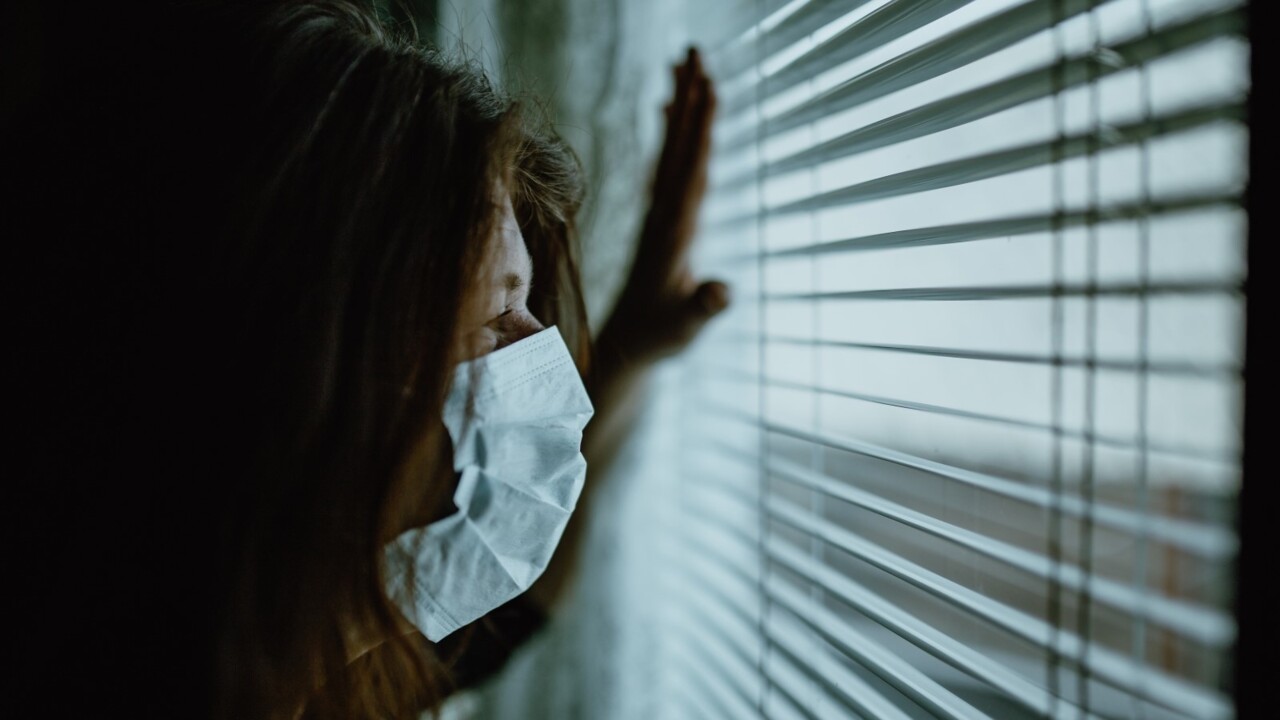
“Parents are sleeping outside the doors of their kids’ bedrooms just making sure they can be safe,” says prominent psychiatrist Patrick McGorry, whose Orygen youth mental health service has 200 young people in acute distress on its waiting list. “Parents are trying really hard to access resources, but there’s blocks at every level.”
NSW is attempting to fill the gap, with of $109.5m to establish child and adolescent mental health response teams that will provide intensive care and psychological support to young people in acute distress.
The Safeguards Child and Adolescent Mental Health Response Teams are being established in every local health district, made up of psychiatrists, psychologists, social workers and allied health workers. NSW has also moved to employ school nurses to manage teen wellbeing.
“The impact of the pandemic is significant and I think any of us that have anything to do with young people have to be very honest about that,” says NSW Mental Health Minister Bronnie Taylor. “Young people are really struggling. I would also say, though, that the predictions … at the beginning of the pandemic of an exponential rise in suicides – we didn’t see that. Lifeline had its largest-ever week of calls last week. That’s actually a really powerful thing, that people now feel they can reach out for help, and record numbers of people are reaching out.”
Claims on the Medicare Benefits Schedule for psychology sessions have increased by 20 per cent this year for children up to 17, but Ian Hickie, from the University of Sydney’s Brain and Mind Centre, is concerned it’s mostly teenagers from middle-class and privileged backgrounds who are accessing such services. Parents from the suburbs hardest hit by Delta in the southwest and west of Sydney were unlikely to be able to afford private psychiatric care.
“Many young people are actually receiving no care, they’re being sent home from emergency departments with no care, presenting with suicidal ideation and self-harm and are being told that they don’t have a problem, meaning they don’t have a problem sufficient enough to get care,” Professor Hickie says.
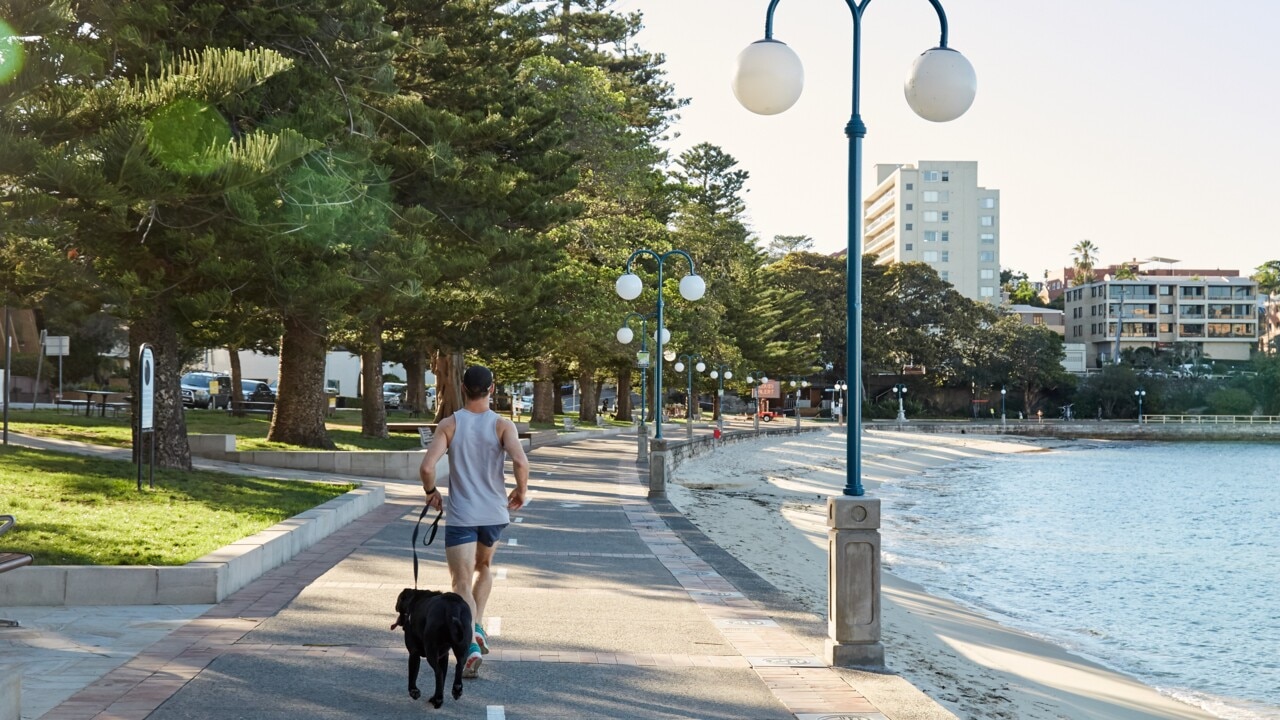
“And parents are being told, well, if you can afford to get care, you go and buy the care. So what that means is the care tends to happen in eastern Sydney and northern Sydney and eastern Melbourne, and not in the outer suburbs, the western suburbs of our major cities, not in our rural and regional areas.”
Dr Wright does not agree people are being turned away from emergency departments. “I’m not for gilding the lily, but I think it’s really, really important we look at evidence. I would rather we didn’t have people getting to the point where they are in crisis and are attending our emergency departments, but we don’t turn people away from emergency departments.
“We are working really hard to meet the challenges. The Safeguard teams are a big … targeted investment. At the very least it’s a substantial and meaningful step.”
Victoria is also in the midst of a record investment in mental health following the royal commission in that state. Yet the demand keeps increasing as lockdowns drag on. Ms Valentine hopes other parents will not have the fight to access services.
“The exhaustion, the trauma of watching your child in psychosis and not being able to protect them and not being able to help them and not knowing where to go, it was harrowing and exhausting and depressing. I’ve got a lot of strength to follow it through, but a lot of people don’t.”
The Royal Australian and New Zealand College of Psychiatrists is calling for the impacts of mental health to be specifically considered in any decisions about restrictions and lockdowns.
If you or someone you know is at risk of suicide, call Lifeline (13 11 14) or the Suicide Call Back Service (1300 659 467), or see a doctor.



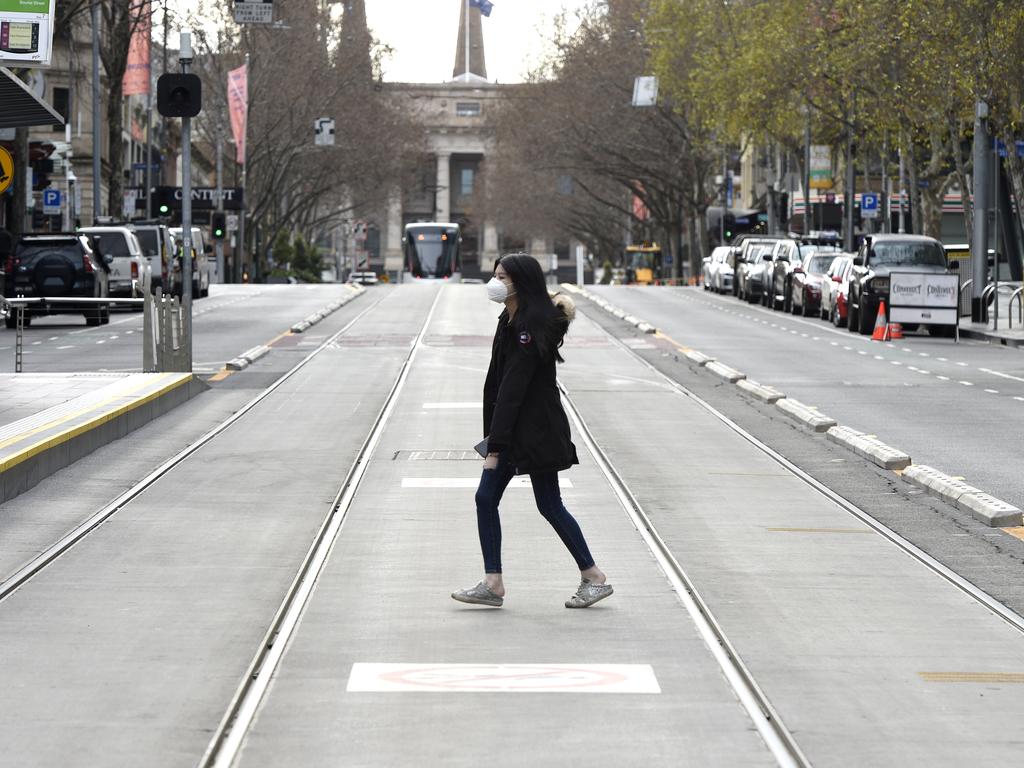

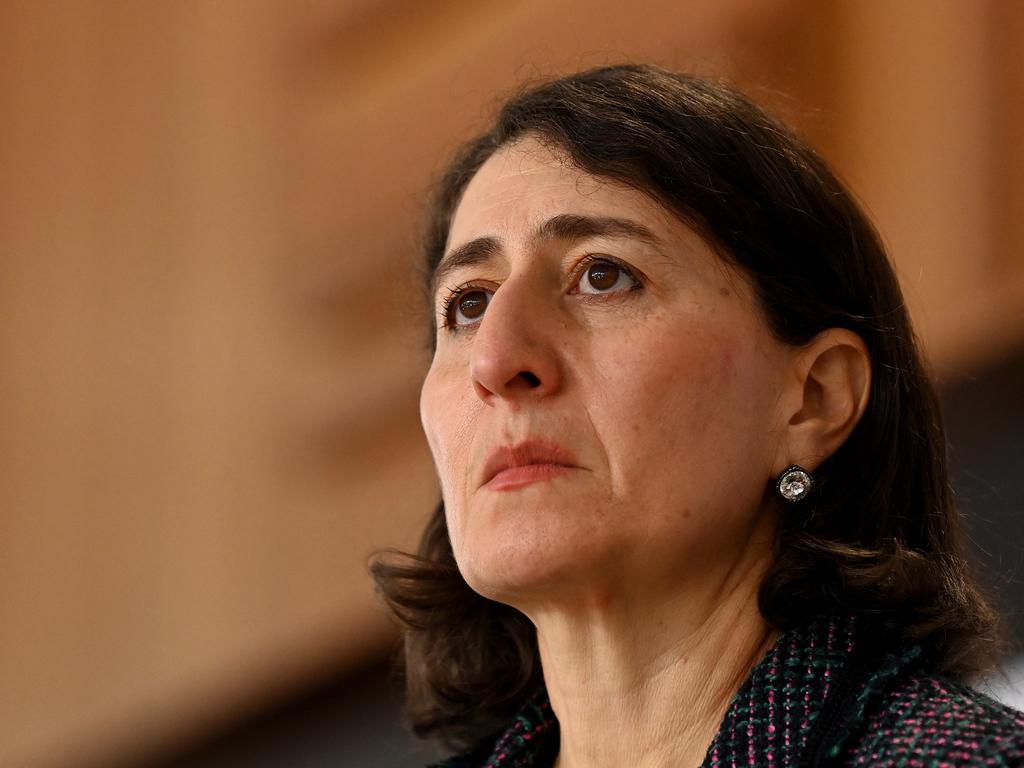
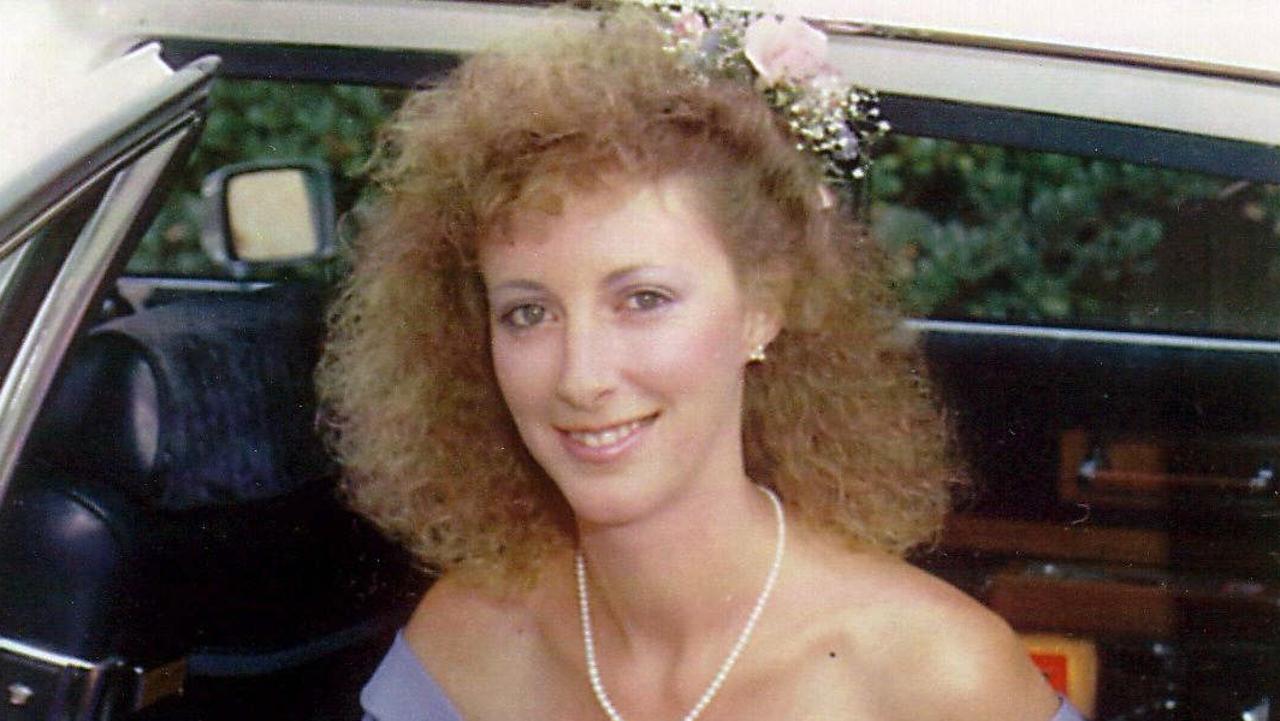
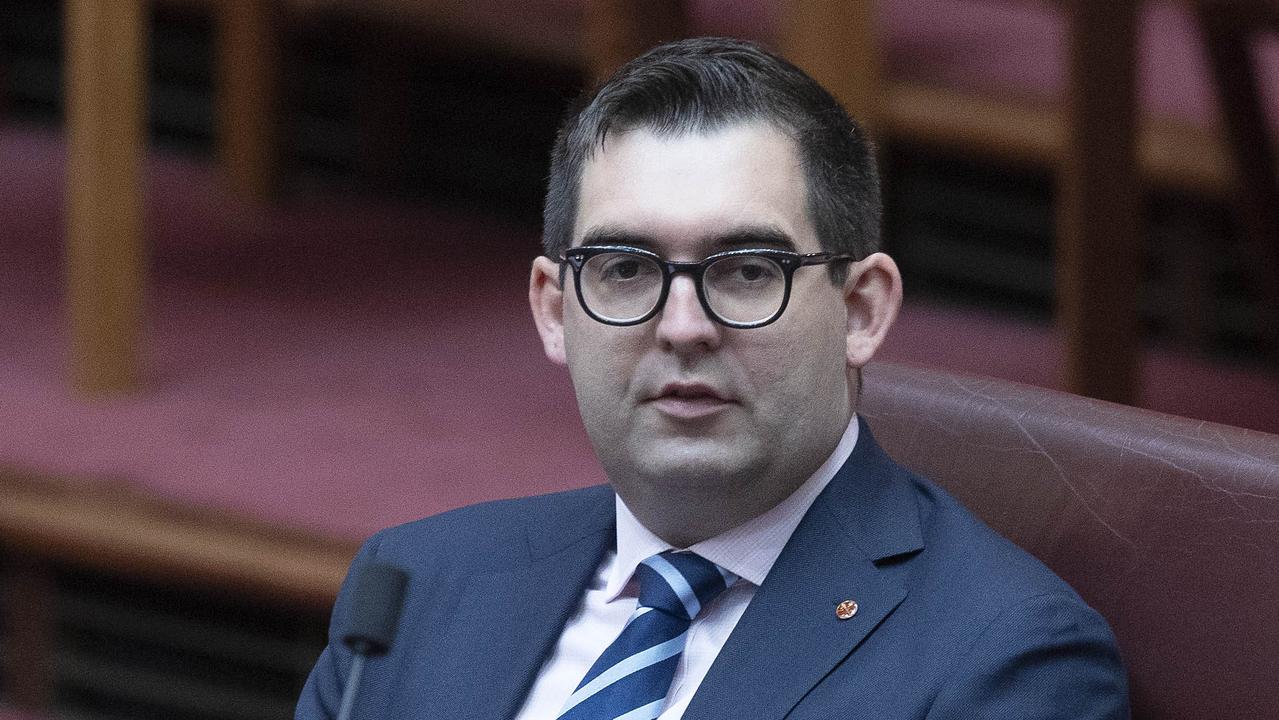
To join the conversation, please log in. Don't have an account? Register
Join the conversation, you are commenting as Logout